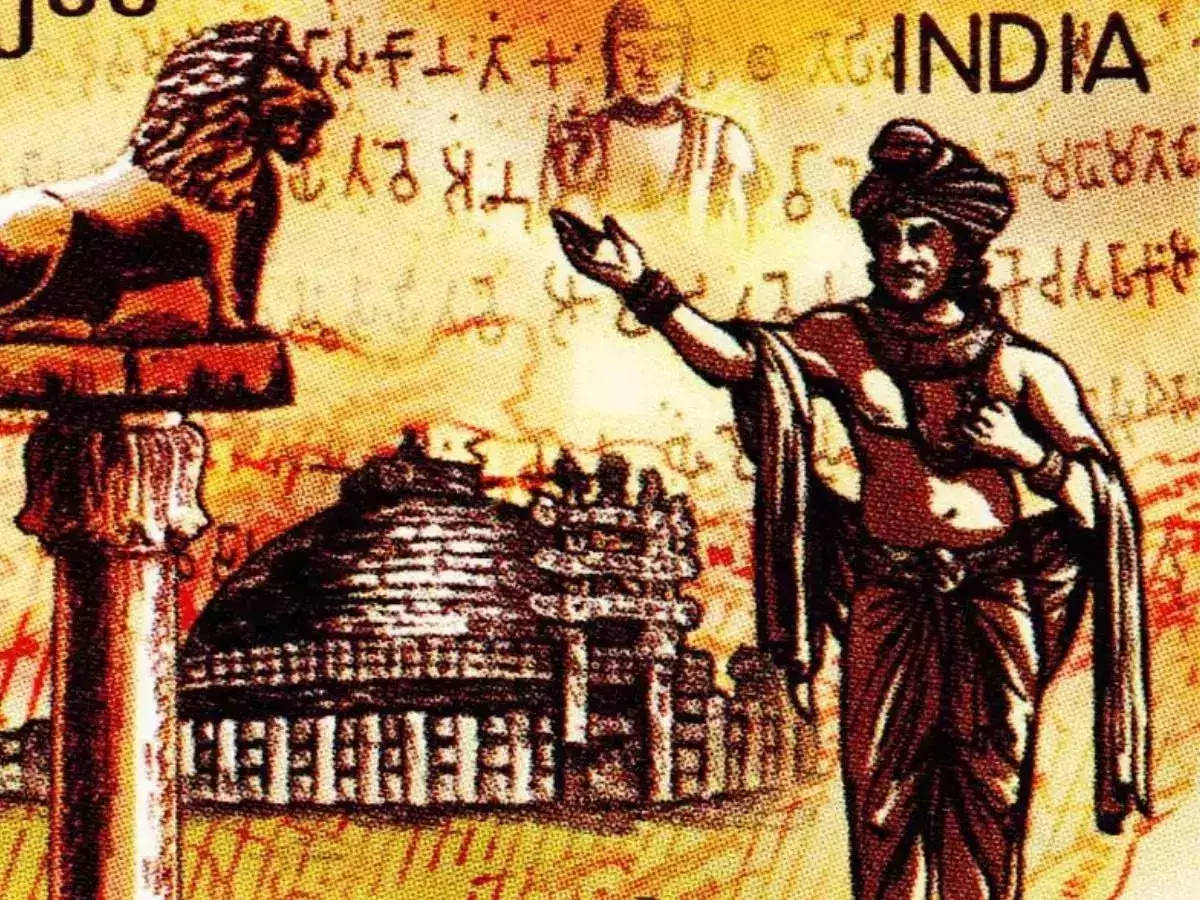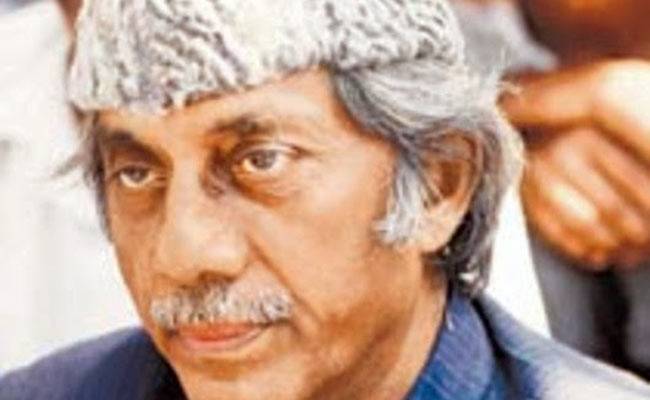The Kalinga War, fought in 261 BCE, was a pivotal event that forever altered the course of ancient Indian history. Led by Emperor Ashoka of the Maurya Empire, this conflict between the powerful Mauryan forces and the independent kingdom of Kalinga (present-day Odisha) not only resulted in a decisive military victory for the Mauryans but also had profound consequences that reverberated throughout the Indian subcontinent. In this blog, we delve into the background, the conflict itself, its aftermath, and the enduring legacy of the Kalinga War.
Background:
At the height of its power, the Maurya Empire, under Emperor Ashoka’s reign, sought to expand its dominion over the Indian subcontinent. The kingdom of Kalinga, known for its strategic location and rich resources, emerged as a target for Mauryan conquest. Emperor Ashoka, ambitious and eager to assert his authority, saw the subjugation of Kalinga as a crucial step in consolidating his empire’s control over the region.
The Conflict:
The Kalinga War was marked by intense and ferocious battles that spanned across the rugged terrain of the Kalinga region. The Mauryan army, renowned for its strength and discipline, clashed with the determined warriors of Kalinga, who fiercely defended their homeland against the invading forces. The war, characterized by its brutality and bloodshed, resulted in heavy casualties on both sides as the struggle for dominance reached its climax.
Aftermath:
While the Mauryans emerged victorious in the Kalinga War, the triumph came at a great cost. The battlefield was littered with the bodies of soldiers, and the once-thriving cities and villages of Kalinga lay in ruins. The devastation and loss of life weighed heavily on Emperor Ashoka, who was deeply moved by the suffering he witnessed firsthand. It was during this time that Ashoka experienced a profound spiritual awakening that would change the course of his life and reign forever.
Ashoka’s Transformation:
Horrified by the horrors of war and the suffering it inflicted upon his people, Emperor Ashoka underwent a remarkable transformation. He renounced violence and embraced the teachings of Buddhism, finding solace and guidance in the principles of compassion, non-violence, and moral responsibility. Ashoka realized that true victory lay not in conquest and domination but in promoting peace, harmony, and the welfare of all beings.
Impact on Mauryan Governance:
Emperor Ashoka’s conversion to Buddhism had a profound impact on the governance and policies of the Mauryan Empire. Inspired by his newfound beliefs, Ashoka implemented a series of progressive reforms aimed at promoting social justice, religious tolerance, and humanitarian values. He abolished the death penalty, promoted the welfare of his subjects through the establishment of hospitals and charitable institutions, and advocated for the peaceful coexistence of diverse religious communities.
Legacy:
The legacy of the Kalinga War and Emperor Ashoka’s transformation reverberated throughout Indian history and beyond. Ashoka’s embrace of Buddhism and his commitment to ethical governance left an indelible mark on the cultural, political, and religious landscape of ancient India. His edicts, inscribed on pillars and rocks across the empire, served as a testament to his ideals of moral leadership and continue to inspire generations of leaders and thinkers to this day.
Conclusion:
In conclusion, the Kalinga War stands as a poignant reminder of the futility and tragedy of war, while also highlighting the transformative power of compassion and moral conscience. Emperor Ashoka’s conversion to Buddhism and his subsequent efforts to promote peace and welfare serve as a timeless example of the potential for personal redemption and ethical leadership in the face of adversity. The legacy of the Kalinga War continues to resonate in the hearts and minds of people around the world, reminding us of the enduring importance of empathy, tolerance, and the pursuit of a just and harmonious society.






